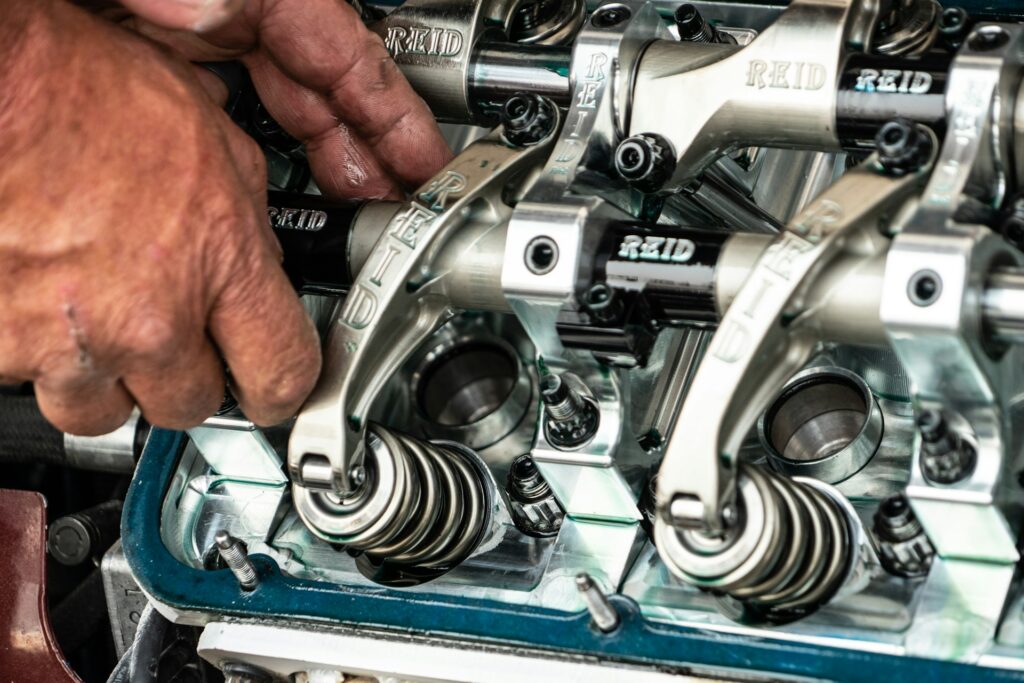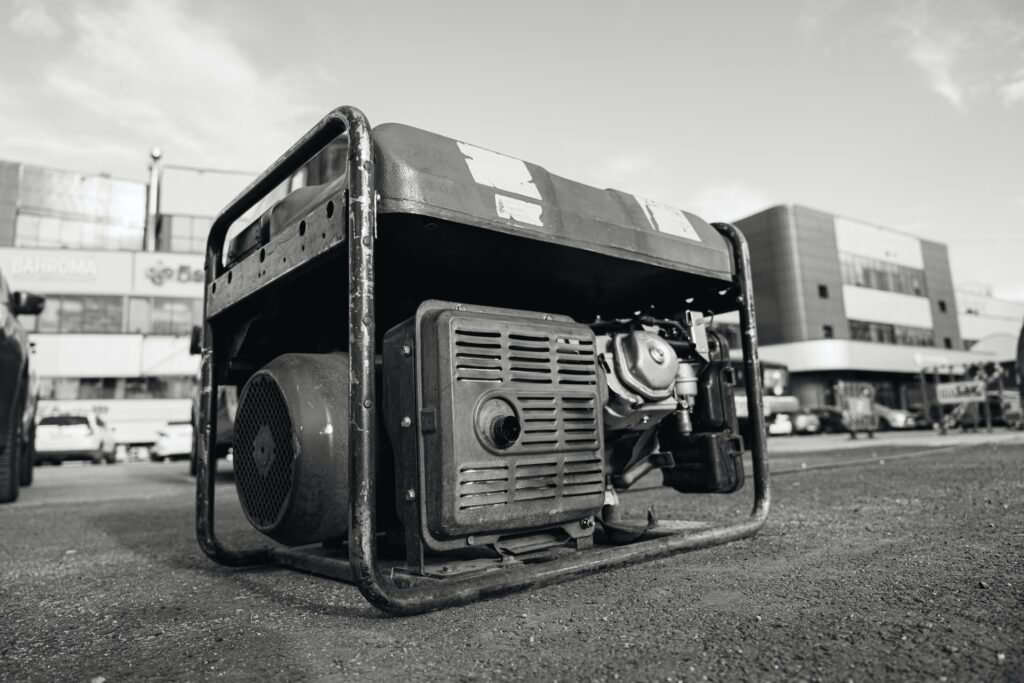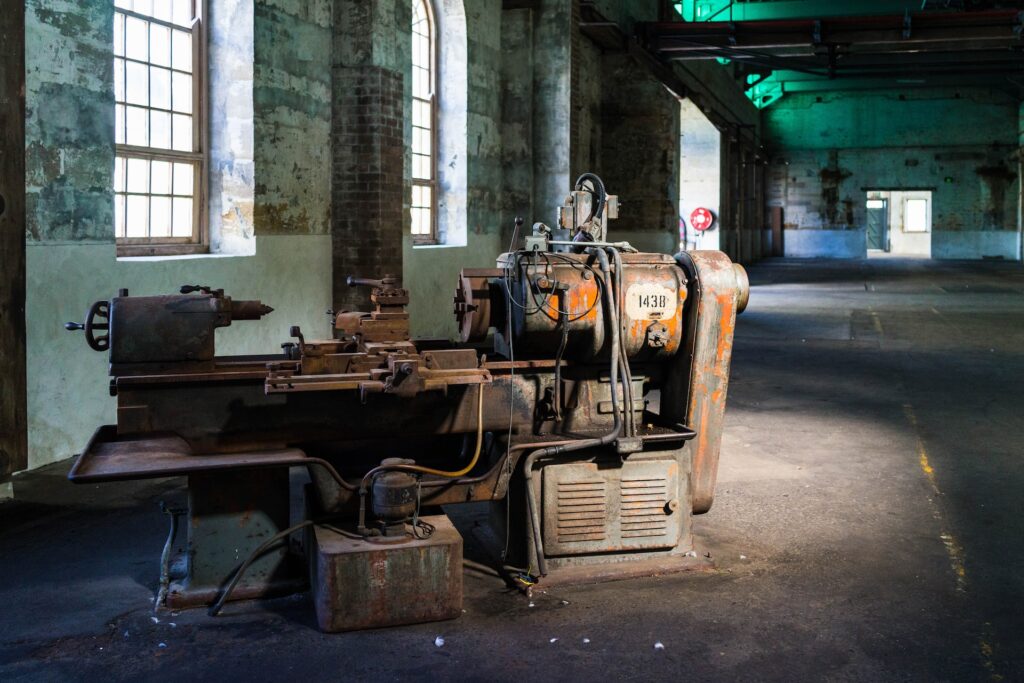You’re considering a generator, but can’t decide on the fuel type, right? We’ve got you covered.
In this guide, you’ll delve into the pros and cons of different fuel types: diesel, gasoline, propane, and natural gas. You’ll get a clear understanding of each, helping you make an informed choice.
So, let’s cut to the chase and start exploring, shall we?
Understanding Generator Fuel Types

In your journey to understand generator fuel types, it’s crucial to consider the characteristics, usage, and costs associated with each type.
You’ve got diesel, gasoline, propane, and natural gas to choose from. Diesel is known for its efficiency and longevity, but it’s not always the most accessible. Gasoline, while widely available, tends to have a shorter shelf life and isn’t as efficient. Propane offers a longer shelf life and cleaner burn, but it’s more expensive. Natural gas, though clean-burning and readily available, isn’t portable.
Assess the frequency and duration of your generator’s use. If it’s frequent and long, diesel may be the best bet, but if it’s occasional and short, propane or gasoline could suffice.
Diesel Generators: Pros and Cons
Why should you consider a diesel generator for your needs? For starters, diesel generators are renowned for their fuel efficiency. They consume less fuel than their gasoline counterparts, leading to lower operating costs. Diesel engines also tend to be more durable and require less maintenance, which can save you time and money in the long run.
However, diesel generators do have a few drawbacks. They’re typically louder and emit more pollutants than other types. As well, their upfront cost is relatively higher.
Gasoline Generators: Strengths and Weaknesses
Now let’s turn your attention to the strengths and weaknesses of a gasoline generator.
A major strength of gasoline generators is their wide availability. You’ll find them in various sizes and power outputs, making them suitable for different applications. They’re also generally cheaper to purchase compared to other types.
However, gasoline generators aren’t without their drawbacks. They’ve a shorter lifespan and require frequent maintenance. Gasoline has a shorter shelf life and is highly flammable, raising safety concerns. It’s also not the most environmentally friendly option, as it emits more pollutants. Lastly, they tend to be noisier, which mightn’t be ideal for residential use.
Thus, while convenient and cost-effective, gasoline generators come with significant downsides.
Propane Generators: Benefits and Drawbacks

You’ll find several advantages and drawbacks when considering propane generators for your power needs.
On the positive side, propane burns cleaner than other fuel types, reducing your carbon footprint. It’s also readily available and stores well, meaning you’re less likely to run out in an emergency. Plus, propane generators typically have a longer shelf life than their gasoline counterparts.
However, there are also downsides. Propane generators tend to be more expensive upfront and require a separate tank for fuel storage, which can be cumbersome. Additionally, in colder climates, propane may not perform as efficiently. Finally, while propane is generally safe to use, leaks can lead to explosive situations. Thus, regular maintenance is crucial.
Weigh these factors carefully when making your decision.
Natural Gas Generators: Advantages and Disadvantages
When it comes to natural gas generators, there are also a number of pros and cons you should consider.
On the upside, they’re known for their dependability, since natural gas supply is rarely interrupted. They’re also cleaner-burning and more environmentally friendly compared to diesel or gasoline. You’ll enjoy lower operational costs, as natural gas is typically cheaper and more readily available.
But there are drawbacks. Installation can be expensive and complex, requiring a connection to a natural gas line. They’re also not as portable as other types, restricting their use in certain scenarios. Lastly, natural gas generators are less efficient than diesel generators, so you’ll need more fuel to produce the same amount of power.
It’s vital to weigh these factors before making a decision.
Conclusion

In choosing a generator, it’s essential to weigh the pros and cons of the fuel types.
Diesel, with its efficient and sturdy nature, might be ideal for long-term use.
Gasoline generators are affordable and easily accessible, but short-lived.
Propane offers clean burning and long shelf life.
Natural gas generators provide endless fuel supply but at a higher cost.
Your choice hinges on your specific needs, budget, and access to fuel sources.